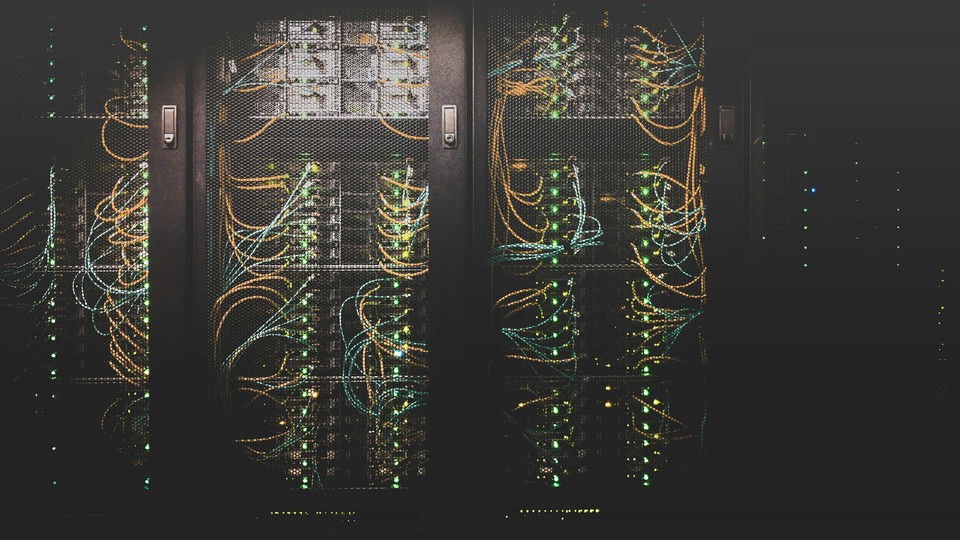
Best Of Intentions
Repealed Rule Would Do Nothing To End Energy Industry Corruption
By William M. Arnold
Repealed Rule Would Do Nothing To End Energy Industry Corruption
This article originally appeared in The Hill.
Last week, President Donald Trump signed legislation into law that repeals a Dodd-Frank securities disclosure rule aimed at curbing corruption at energy and mining companies. The action by the Trump administration was appropriate but gives no cause for celebration.
It was a recognition that the law was discriminatory against American companies and would have been ineffective. Now, energy and mining companies should work with the new administration to strengthen transparency in their industry. It is grinding work, but ultimately can be effective.
The world needs greater transparency to limit corruption that saps democracy and undermines development. Funds intended to support infrastructure, education, public health and other important functions have, all too often, gone to private bank accounts to support luxurious lifestyles of government officials from developing countries.
This, along with broader mismanagement of countries’ finances, is often referred to as the “resource curse.” Some of the biggest transfers to the developing world — after military and official transfers — come from the energy and mining sectors. The scope of their investments can be enormous. A single contractual payment to secure licenses or leases may amount to hundreds of millions of dollars, or even more.
The U.S. Foreign Corrupt Practices Act (FCPA) has been an important tool for many years, imposing jail terms and fines for individuals and massive fines for companies that have been found guilty of violations. This has been an important tool that U.S. and foreign companies ignore or circumvent at their own peril, as the record clearly shows.
The Department of Justice and the Securities and Exchange Commission had been pursuing about two dozen cases annually. Apparently, companies got the message — the cases dropped to 11 in 2014 and six in 2015. In 2009, Siemens reached an agreement to pay $800 million in fines, and, in 2013, Total of France paid a fine of $398 million for having paid $60 million in bribes.
Complementing this effort is the Extractive Industries Transparency Initiative (EITI), which includes 51 countries. It treats all companies equally as it promotes "public awareness about how countries manage their oil, gas and mineral resources,” according to its website.
The initiative is a continuous process that highlights problems and offers courses of action, but it is not necessarily a prescription to cure the disease quickly. Its website provides substantial data on scores of countries — from Organization for Economic Cooperation and Development (OECD) member countries to some of the poorest — and their progress in implementing updated standards.
In the last months of the Obama administration, rules were created under the Dodd-Frank legislation to force American companies — and only American companies — to disclose all kinds of payments to foreign governments. Corrupt payments are already covered under FCPA, but Dodd-Frank would require them to disclose proprietary information to the public — including their competitors.
That proprietary information includes what the company paid to win licenses in public tenders. Companies always would like to know the bidding strategy of their competitors — so they can improve their own chances the next time around.
Corrupt officials prefer shadows over light. As implemented, Dodd-Frank would have been ineffective at fighting corruption, but would have made American companies uncompetitive in many countries. Unfortunately, corrupt officials have options to select companies from countries with less onerous (or no) provisions.
Investing in mineral-rich countries has never been easy, and standards tend to shift, even after contracts have been honored and operations begun. Recently, Nigeria seized a $1.2 billion oil field from Royal Dutch Shell and Italy’s ENI that was related to a 2011 purchase of an oil-prospecting license from a private Nigerian company headed by a former Nigerian oil minister.
Officials now claim that only $210 million of the $1.2 billion paid ultimately found its way to the state oil company. The companies point out that the payments were made to an official Nigerian government escrow account at the London branch of JPMorgan Chase, and the justice minister at the time authorized its distribution. To what extent should companies be held liable?
Congress acted under the Congressional Review Act to overturn the Dodd-Frank rule and Trump signed it into law last Tuesday. While this action was appropriate, it gives no cause for celebration, nor should it pause efforts to fight corruption, which penalizes the people of the countries involved and raises the cost of doing business for all parties.
Energy and mining companies should work with the new administration to strengthen EITI. It is necessary, grinding work, but ultimately can be effective.
Bill Arnold was a professor in the practice of energy management at Rice University’s Jones Graduate School of Business. Previously, Arnold was Royal Dutch Shell's Washington director of international government relations and senior counsel for the Middle East, Latin America, and North Africa.
Never Miss A Story


